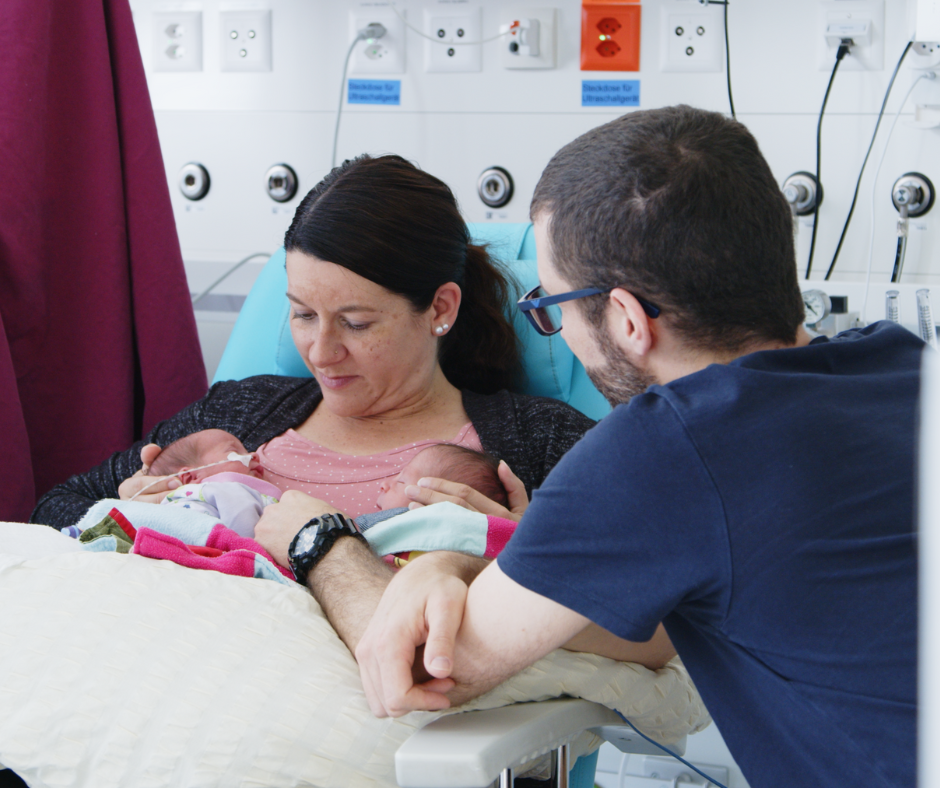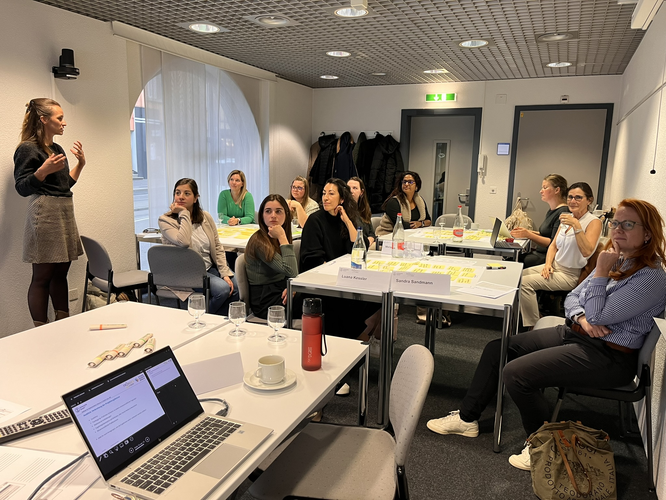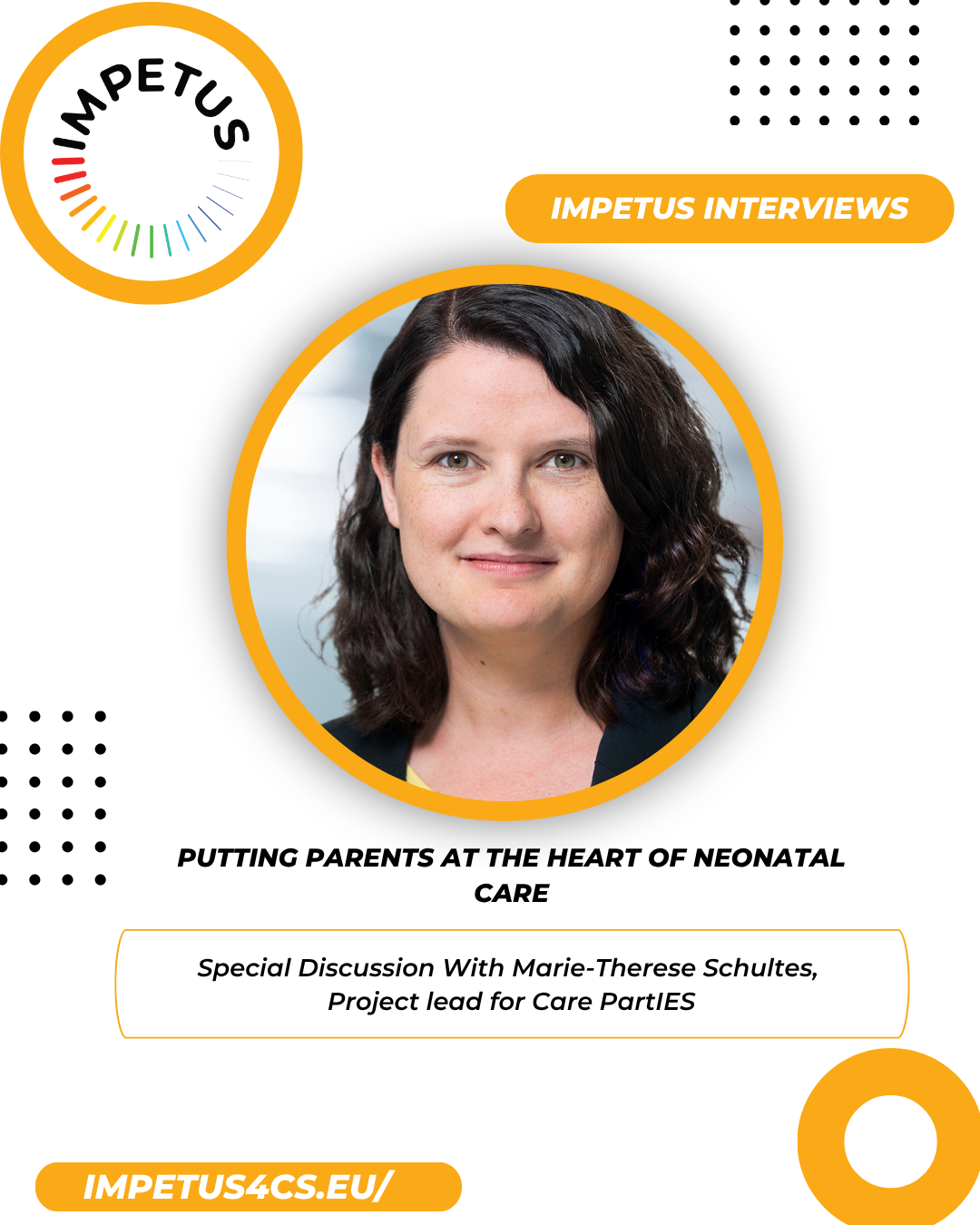What Happens When Parents Become Partners in Neonatal Research?
Care PartIES is a pioneering citizen science initiative that puts parents of premature and sick infants at the centre of neonatal research. Rather than being passive subjects of study, parents in this project become co-researchers — helping to frame research questions, identify outcomes that matter most to families, and shape the future of neonatal care.
By integrating the lived experiences of parents directly into the scientific process, Care PartIES challenges traditional models of clinical research. This inclusive approach ensures that findings are grounded in the realities of family life, making them more relevant, compassionate, and impactful for those most affected.


Connecting Families and Science
Through a series of participatory workshops, the project has strengthened the bond between parents and the research community. Parents who took part described feeling empowered to contribute to scientific discovery, expressing both a sense of fulfilment and a strong desire to continue engaging in future citizen science initiatives.
Though modest in scale, Care PartIES demonstrates how patient and carer involvement can enrich not only research outcomes but also the human connections at the heart of healthcare innovation.
Recognition and Impact
Care PartIES received an Honorary Mention in the 2025 European Prize for Citizen Science at the Ars Electronica festival. The jury praised its thoughtful, participatory approach and its focus on an often overlooked area of research, the well-being of parents and families in neonatal care. Its success highlights the potential for similar initiatives to reimagine how health research can meaningfully involve those it aims to serve.
In this edition of IMPETUS Interviews, we speak with Marie-Therese Schultes, project lead for Care PartIES, about how the initiative works, why it matters, and what it can teach us about building more inclusive, empathetic, and collaborative approaches to healthcare research.



